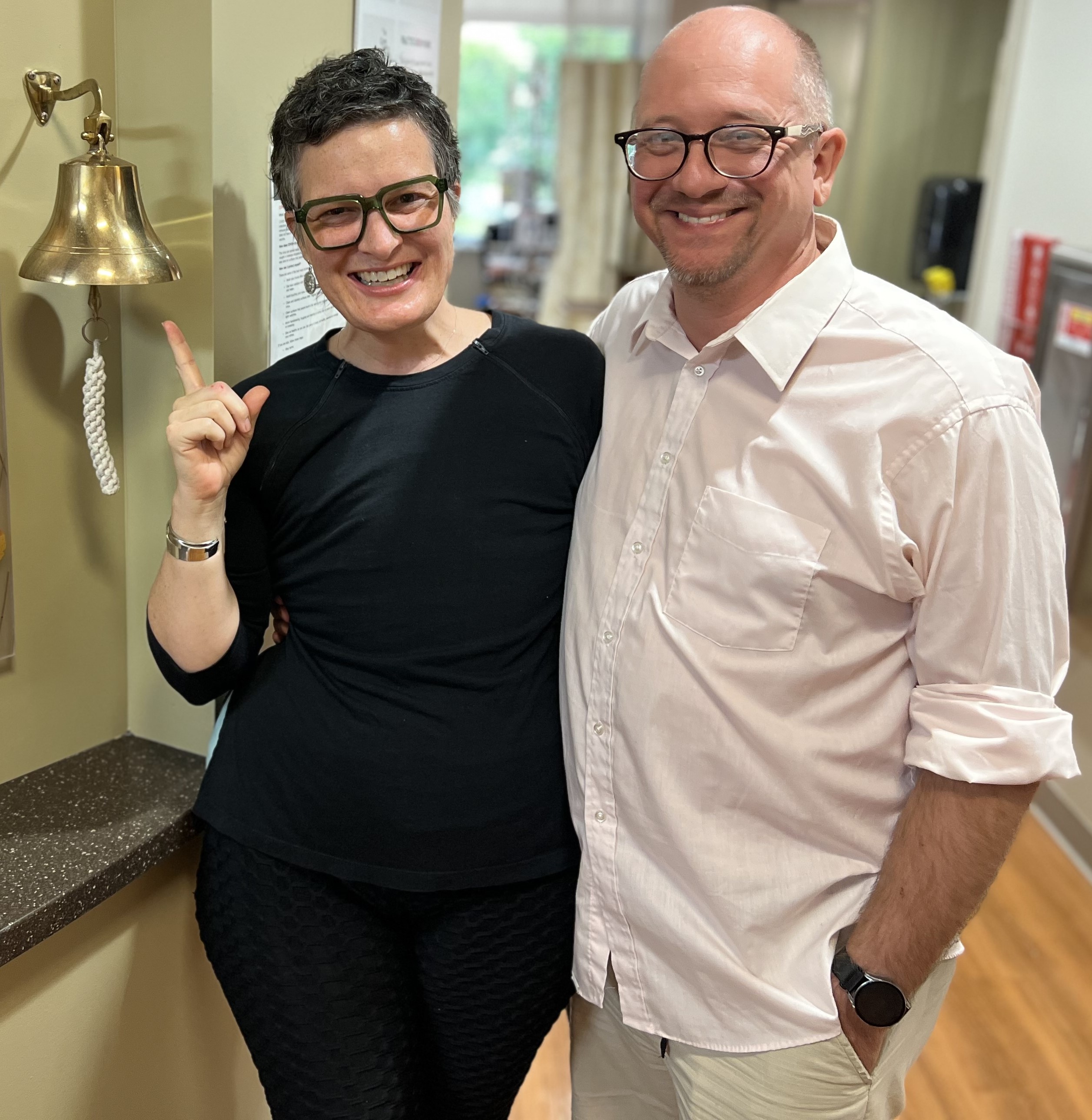Here are their top tips:
1. Write handwritten notes of encouragement.
Small, personal gestures like handwritten notes can lift a person’s spirits. Whether it’s a letter or a simple holiday card, words of encouragement remind them they are loved and not alone in their journey.
2. Focus on the person—not the cancer.
Don’t let conversations revolve solely around their diagnosis or treatment. Ask them about their hobbies, favorite shows, or memories from past holidays. Focusing on their identity beyond their illness is a powerful way to offer emotional support.
3. Offer to take on practical tasks.
Help with everyday responsibilities like cooking, shoveling snow, cleaning, or shopping. These small efforts can make a big difference when their energy is low. Even driving them to a medical appointment or picking up prescriptions can ease their burden.
4. Include them in holiday planning.
Ask for their input on meals, decorations, or traditions. Feeling included can help them feel valued and empowered. If they aren’t feeling well enough to participate, gently remind them their opinions still matter.
5. Encourage simpler, more manageable traditions.
It’s okay to scale back on elaborate celebrations. Embrace restful ways to celebrate. For example, watching a favorite holiday movie together or sharing a quiet meal can be just as meaningful.
6. Reassure them they don’t need to be a hero.
Let them know it’s okay to prioritize their needs and accept help—they don’t have to do it all. This reminder can relieve the pressure to meet unrealistic expectations during the holidays.
7. Support their right to say no.
Encourage them to prioritize their health and well-being by declining activities that feel overwhelming or draining. Sometimes, skipping a holiday event is the best way to preserve their energy and peace of mind.
8. Create space for emotions.
Holidays can bring a mix of feelings. Allow them to express sadness, joy, or anything in between without judgment—it’s part of the healing process. Being present and listening can mean more than offering advice.
9. Find moments of laughter and joy.
Laughter is a powerful stress reliever. Help them enjoy the little things and create moments of lightness and happiness.. Playing games, telling jokes, or reminiscing about funny memories can create these moments.




